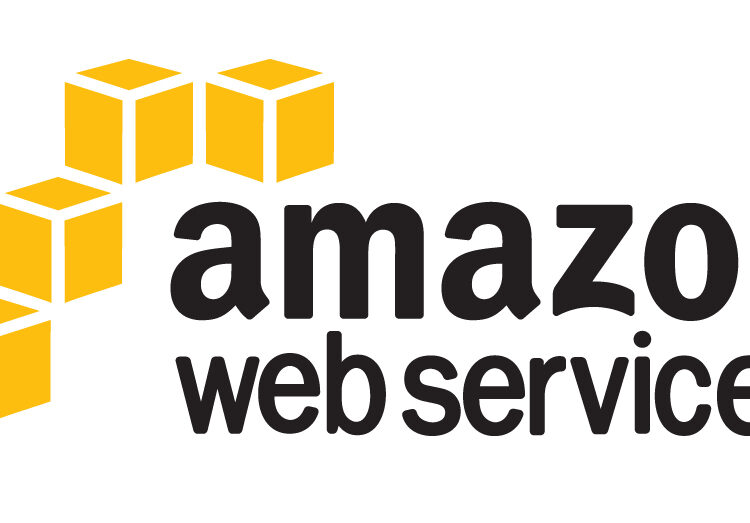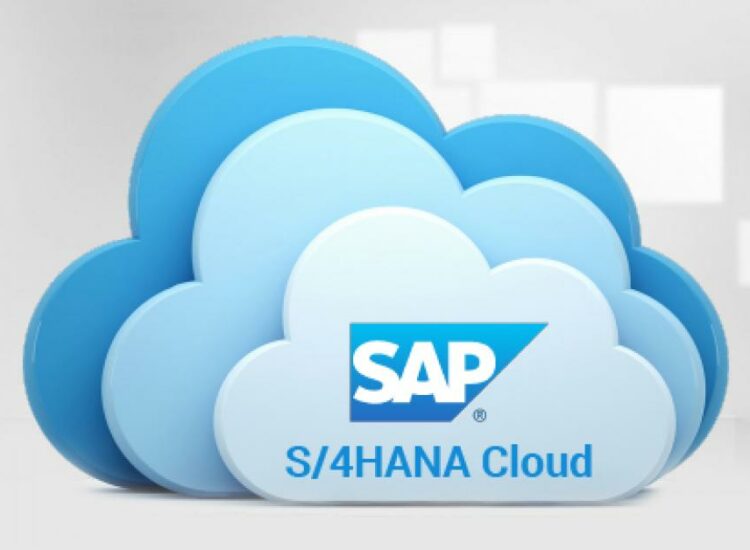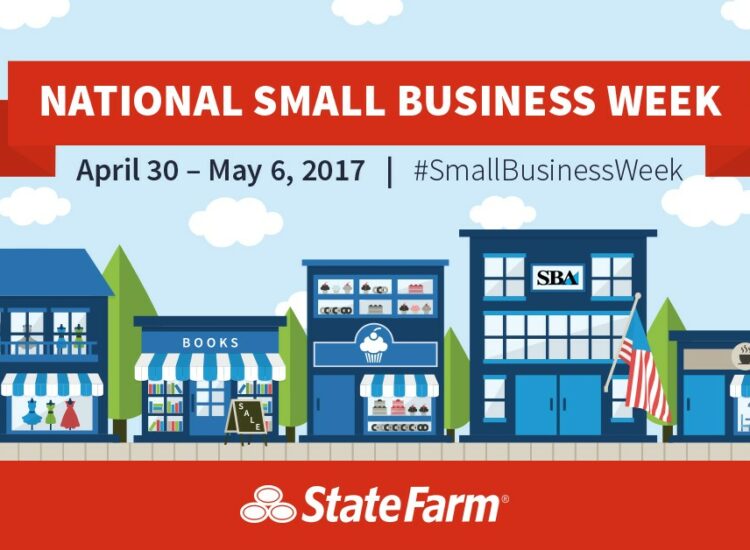Running a small business is no easy feat. Between juggling daily operations, managing employees, and staying compliant with labor laws, the to-do list can seem endless. Thankfully, HR software can help streamline these tasks, allowing you to focus on what truly matters—growing your business.
Toc
Introduction of HR Software for Small Businesses
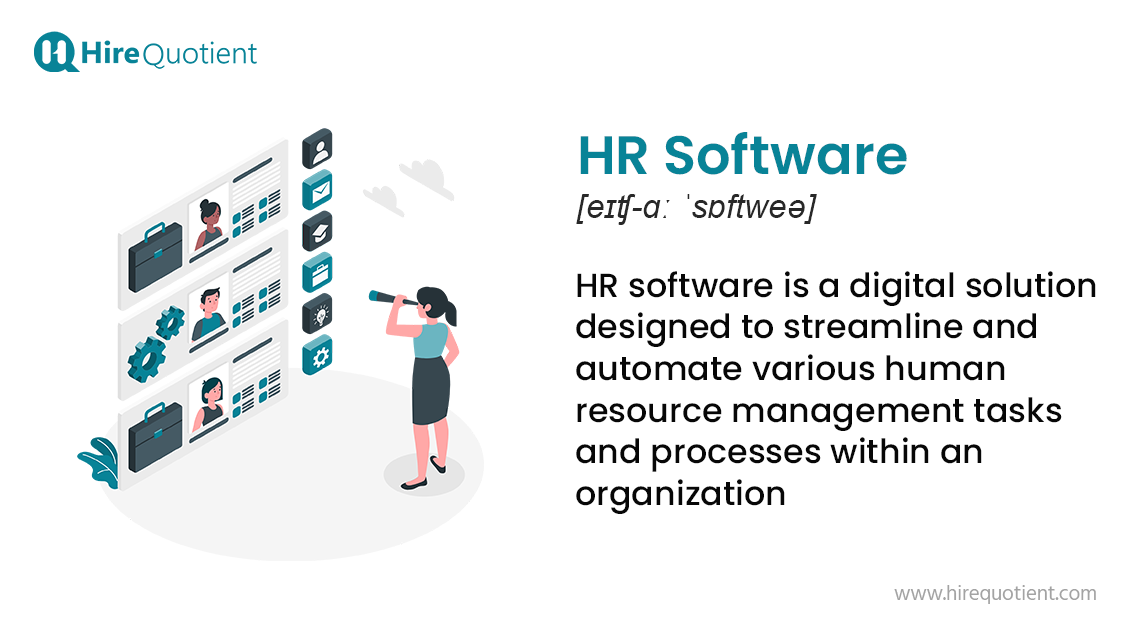
Human Resources (HR) software is essential for small businesses looking to optimize their workforce management. From streamlining the hiring process to automating routine tasks, HR software offers numerous benefits that address the common challenges faced by small business owners.
Key Features to Look for in HR Software
When selecting HR software, it’s crucial to focus on features that cater specifically to small business needs. Here are some must-have features:
- Applicant Tracking System (ATS): Simplifies the hiring process from posting job openings to onboarding new hires.
- Payroll Management: Automates payroll calculations, tax deductions, and ensures timely payments.
- Benefits Administration: Manages employee benefits, including health insurance, retirement plans, and more.
- Time and Attendance Tracking: Monitors employee hours, vacation days, and sick leave.
- Employee Self-Service: Allows employees to update their information, request time off, and view pay stubs.
- Analytics and Reporting: Provides insights into employee performance, engagement, and turnover rates.
Each of these features contributes to improved HR management by reducing manual tasks, minimizing errors, and enhancing overall efficiency. Additionally, many HR software providers offer customizable solutions to suit the unique needs of a small business.
Benefits of Using HR Software for Small Businesses
- Time and Cost Savings: By automating time-consuming tasks like payroll and benefits administration, HR software frees up valuable time for small business owners to focus on growth strategies.
- Improved Compliance: With ever-changing labor laws, it can be challenging for small businesses to stay compliant. HR software helps ensure that all necessary regulations are followed, reducing the risk of legal consequences.
- Better Employee Experience: User-friendly interfaces and self-service options make it easier for employees to access and update their information, improving overall satisfaction.
- Centralized Data Management: Having all employee data in one secure place makes it easier to manage and retrieve information as needed.
- Enhanced Decision-Making: With robust reporting capabilities, HR software provides valuable insights into employee performance and engagement, aiding in decision-making for promotions and succession planning.
Comparison of Top HR Software for Small Businesses
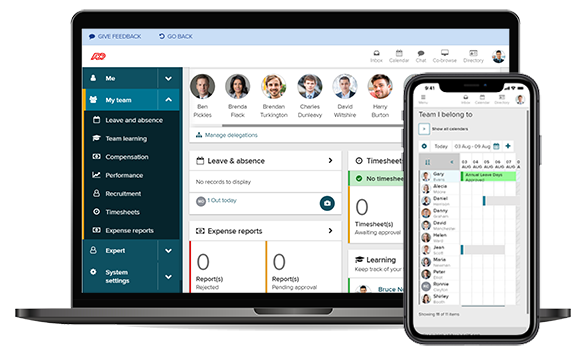
To help you decide which HR software is best for your small business, here’s a comparison of some top options:
| Software | Key Features | Pricing | Customer Support | User Ratings |
|---|---|---|---|---|
| BambooHR | ATS, Payroll, Benefits Administration | $6 per employee/month | 24/7 Support | 4.5/5 |
| Gusto | Payroll, Time Tracking, Employee Onboarding | $39/month + $6 per person | Email & Phone Support | 4.3/5 |
| Zenefits | Benefits, Time & Attendance, Performance | $8 per employee/month | Live Chat & Phone Support | 4.2/5 |
| Workday HCM | Comprehensive HR Suite | Request Quote | 24/7 Support | 4.4/5 |
Each of these platforms addresses the critical needs of small businesses, offering unique features that can improve your HR management.
How to Choose the Right HR Software for Your Small Business
Selecting the right HR software for your small business involves careful consideration of various factors to ensure the solution fits your unique needs. Here are some steps to guide you through the decision-making process:
Define Your Requirements
Before diving into the myriad of options available, it’s crucial to clearly articulate what you need from an HR software. Consider aspects such as the size of your workforce, the specific tasks you want to automate, and the level of customization you require.
Set a Budget
HR software comes in various price ranges, from budget-friendly options to premium solutions. Establishing a budget beforehand will help narrow down your options and prevent overspending. Remember to consider both the initial cost and any ongoing fees.
Evaluate User Experience
The ease of use of an HR software is paramount to its success. A complicated system can result in frustration and errors, whereas an intuitive, user-friendly interface can significantly enhance productivity. Look for software that offers demos or trial periods so you can get a hands-on feel for the user experience.
Check Integration Capabilities
Your new HR software needs to work harmoniously with your existing systems, such as accounting or project management tools. Verify that the HR software you are considering can seamlessly integrate with these systems to ensure a smooth workflow.
Assess Customer Support and Training Resources
Effective customer support is a critical component when adopting new software. Check whether the software provider offers comprehensive support options, including live chat, email, and phone support. Additionally, robust training resources and documentation can aide initial setup and ongoing usage.
Read Reviews and Seek Recommendations
Researching online reviews and seeking recommendations from other small business owners can provide valuable insights into the real-world performance of the software. Pay attention to common praises and complaints to guide your decision.
Plan for Scalability
Select an HR software that can grow with your business. As your business expands, your HR software should be able to accommodate additional employees and more complex organizational structures without requiring a complete overhaul.
Request Demos and Trials
Most HR software providers offer demos or trial periods. Utilize these opportunities to test the software in real-world scenarios, ensuring it meets your business’s needs and expectations. Involve your HR team in this process to gather diverse feedback.
Once you’ve thoroughly evaluated your options based on these criteria, you’ll be well-prepared to choose the HR software that best supports your small business’s growth and operational efficiency.
How to Get Started with HR Software
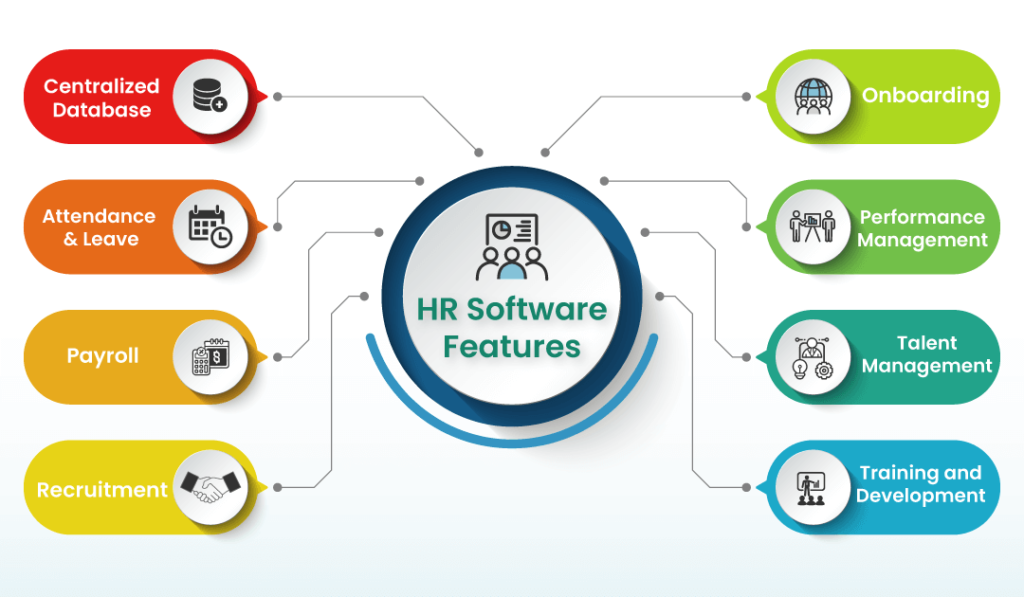
Initial Setup
Starting with your chosen HR software requires thoughtful planning and execution to ensure a smooth transition and maximize efficiency from the get-go. Begin by gathering all necessary employee data, including personal information, employment history, and payroll details. Importing this data accurately into the new system is crucial, so double-check for any discrepancies prior to migration. Many HR software providers offer guided setup services or onboarding specialists to assist with this initial phase, which can significantly reduce potential hiccups.
Customization and Configuration
Once the initial data is imported, the next step is to customize the software settings to align with your company’s specific workflows and policies. Configure user roles, permission levels, and access rights to ensure employees only have access to information pertinent to their roles. Tailoring the interface and options to suit your business operations not only enhances usability but also security.
Employee Training
Effective utilization of HR software depends greatly on how well your staff are trained. Offer comprehensive training sessions for all employees, focusing on the aspects of the software they will be using the most. Utilize the training resources provided by the software vendor, such as webinars, tutorials, and user manuals. Equipping your team with the knowledge they need will foster confidence and promote more efficient use of the HR software.
Monitoring and Feedback
Once the HR software is fully operational, continuously monitor its performance and collect feedback from users. This will help identify any areas that may require adjustments or additional training. Periodic reviews and updates ensure the software remains aligned with your business’s evolving needs and within compliance of any regulatory changes.
By following these steps, your small business can smoothly transition to utilizing HR software, reaping the benefits of streamlined operations, increased compliance, and enhanced employee satisfaction.
Top Highest Ranking HR Software in US 2024

With the evolving landscape of human resources, it’s essential to stay updated on the best tools available for your business. Here are some of the highest ranking HR software solutions for 2024 in the United States:
1. BambooHR
BambooHR continues to be a powerful contender in the HR software market. Known for its user-friendly interface and robust features, BambooHR offers solutions for applicant tracking, employee management, and performance assessments. The platform is particularly praised for its intuitive dashboards and real-time reporting capabilities.
2. Gusto
Gusto remains a top choice for small businesses, thanks to its all-in-one payroll, benefits, and HR management services. Gusto stands out with its automated tax filing, easy-to-navigate employee onboarding processes, and comprehensive compliance management tools. The software also offers seamless integration with major accounting and time-tracking applications.
3. Zenefits
Zenefits excels in providing comprehensive benefits administration, time tracking, and performance management. It is particularly favored for its user-friendly mobile app, which allows employees to access their benefits and clock in/out remotely. Zenefits’ flexible pricing model makes it an attractive option for growing small businesses.
4. Workday HCM
Workday HCM is a leader in the HR software space, renowned for its extensive suite covering everything from recruitment to retirement. This solution is ideal for small businesses aiming for rapid scalability and robust analytics capabilities. Workday HCM’s unique selling point is its unified global platform, which offers real-time data insights across all HR functions.
5. ADP Workforce Now
ADP Workforce Now is widely recognized for its payroll solutions but also offers extensive HR management features. These include benefits administration, talent management, and workforce analytics. Its modular design allows small businesses to choose only the services they need, ensuring cost-effectiveness and scalability.
6. Rippling
Rippling is gaining traction for its innovative blend of HR, IT, and Finance management in one platform. It enables businesses to manage employee data, payroll, software access, and computing devices all in one place. Rippling’s standout feature is its highly customizable workflow automation, which can significantly reduce administrative burden.
FAQs of HR Software
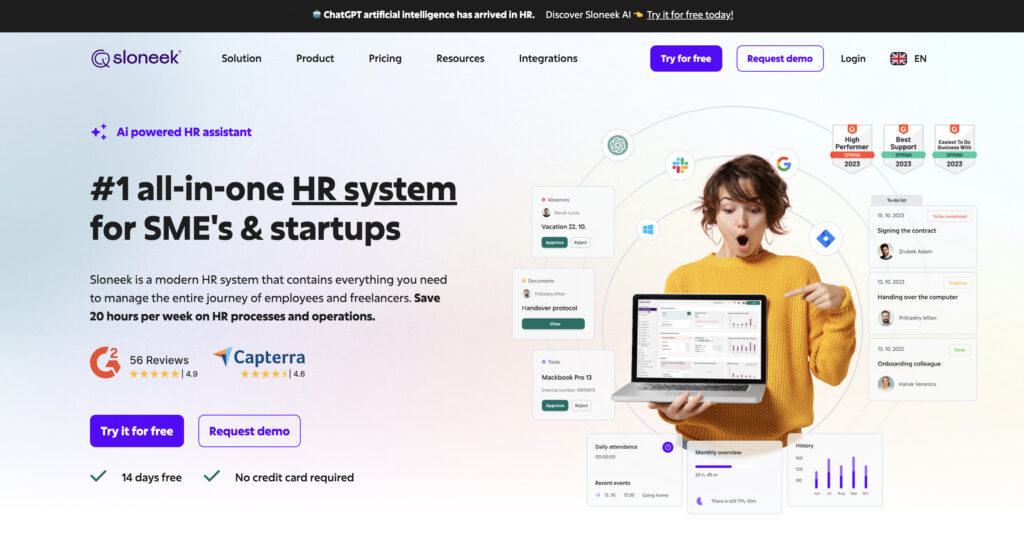
What is HR software?
HR software is a digital solution designed to streamline and automate various human resource management tasks. These tasks can include payroll processing, employee benefits administration, performance management, recruitment, and compliance monitoring. By centralizing these functions, HR software helps businesses enhance operational efficiency, ensure compliance, and improve employee satisfaction.
How do I choose the right HR software for my business?
Choosing the right HR software involves understanding your business’s specific needs and evaluating software features that cater to those requirements. Key considerations should include the size of your organization, the complexity of your HR processes, the software’s scalability, user-friendliness, and the level of customer support provided by the vendor. Additionally, taking advantage of free trials and demos can provide hands-on insight into how well the software meets your needs.
Can HR software integrate with my existing systems?
Most modern HR software solutions offer integration capabilities with other business systems such as accounting software, time-tracking tools, and employee communication platforms. Ensuring that the HR software is compatible with your existing systems can facilitate seamless data flow and reduce manual entry errors. Always check the integration options provided by the software vendor before making a purchase.
Is HR software secure?
Security is a critical aspect of HR software. Reputable HR software providers implement robust security measures like encryption, multi-factor authentication, and regular security audits to protect sensitive employee data. When selecting an HR software, look for compliance with industry standards and certifications such as ISO/IEC 27001 or SOC 2, which indicate a high level of data security.
What kind of support can I expect from HR software vendors?
Support services can vary widely among HR software vendors. Common offerings include customer support via phone, email, or live chat, comprehensive online knowledge bases, and community forums. Some vendors provide dedicated account managers or onboarding specialists to assist with initial setup and ongoing usage. Reviewing the level of support available is crucial to ensuring a smooth implementation and long-term satisfaction with the software.
Conclusion

HR software is a game-changer for small businesses, offering streamlined processes, automation of routine tasks, valuable insights, enhanced employee experience, and increased data security. By implementing the right HR software, you can significantly improve your workforce management and focus on growing your business.
Ready to transform your HR processes? Explore our recommended HR software options and find the perfect fit for your small business. Get started today and experience the benefits firsthand!
